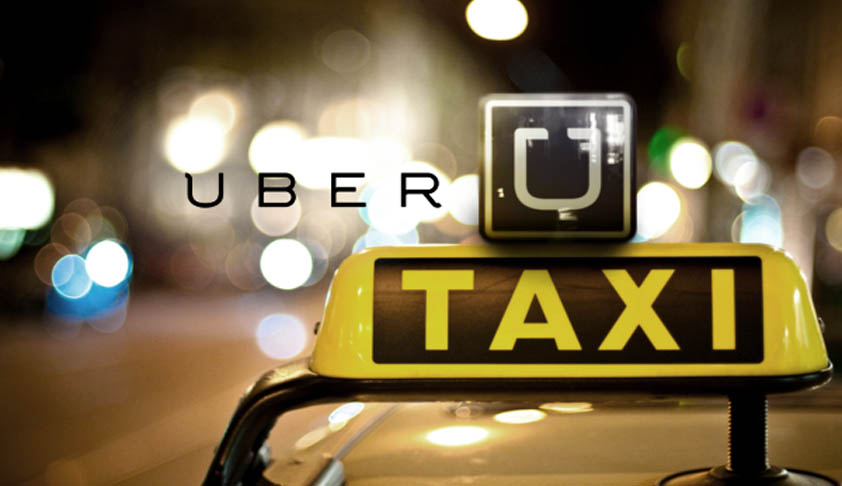Fare War: SC notice to Meru on Uber Plea Against Competition Tribunal Order
LIVELAW NEWS NETWORK
27 Jan 2017 2:17 PM IST

Next Story
27 Jan 2017 2:17 PM IST
The Supreme Court today agreed to hear plea of Uber taxis against the December 11, 2016 order of the Competition Appellate Tribunal directing probe against it for resorting to unfair trade practice including predatory pricing.A bench of justice Dipak Misra and justice D Y Chandrachud however refused to stay probe against Uber on allegations of abuse of dominance and anti-competetive practices...
